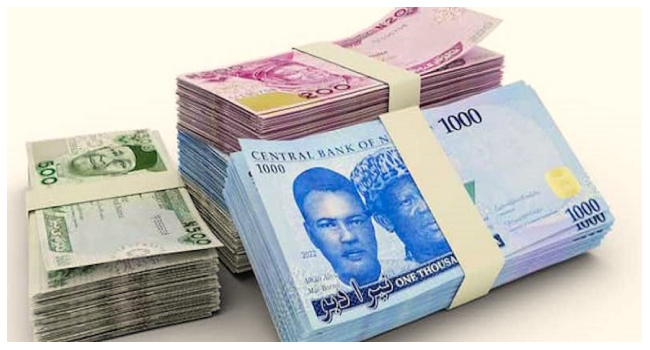The Nigerian National Petroleum Company Limited (NNPC Ltd.) has revealed the repercussions of the ongoing Russia-Ukraine war on Nigerian crude oil inflow in the global oil arena.
According to Maryamu Idris, Executive Director of Crude and Condensate at NNPC Trading Limited, the conflict triggered a decline in demand from the once-reliable Asian market amidst hostilities in the Eastern bloc.
In a statement released by the Corporate Communications Officer, Mr Femi Soneye, NNPC highlighted the reduction in Nigeria’s crude export to India as a direct outcome of the war’s impact.
Idris emphasized the substantial price shocks affecting commodity and energy prices globally, pointing out that India, a primary destination for Nigerian crude, diverted its attention to discounted Russian barrels, consequently diminishing Nigerian volumes.
She illustrated this shift by revealing the drop in Nigeria’s crude exports to India from approximately 250,000 barrels per day (bpd) in the six months leading up to the February 2022 invasion of Ukraine to 194,000 bpd in the subsequent six months, and just 120,000 bpd so far this year.
In contrast, Idris noted that Nigerian crude flow to Europe had escalated to fill the supply gaps left by the ban on Russian crude. She disclosed that Nigerian crude grades had become a significant element in the post-war palette of European refiners. Nigerian distillate-rich grades such as Forcados Blend, Escravos Light, Bonga, Egina, and the latest addition, Nembe Crude, have gained preference among European refiners due to the absence of Russian Urals and diesel.
Idris also outlined the challenges faced by Nigeria’s oil production, including the impact of the COVID-19 pandemic, reduced investment, supply chain disruptions, aging oil fields, and oil theft, leading to production declines in the second half of 2022 and early 2023. She, however, expressed optimism as Nigeria is implementing a new framework for the domestic petroleum industry (PIA 2021), which is rejuvenating the business landscape and repositioning NNPC Ltd for a more commercial approach.
Highlighting NNPC Limited’s efforts to restore production capacity, Idris mentioned securing vital partnerships with notable financial institutions to promote upstream investments and address security and environmental challenges in the Niger Delta in collaboration with host communities and private stakeholders.
She further revealed a significant rebound in Nigeria’s crude oil and condensate output, reaching 1.72 million barrels per day in September 2023, marking the beginning of the projected production rebound.
In line with a ‘wells-to-wheels’ approach, NNPC Trading Company is focused on expanding NNPC’s presence in the global market for crude, condensate, gas, and petroleum products.
The insights from the Argus Crude European Crude Conference Panel Session shed light on the intricate dynamics and responses of the oil industry to external geopolitical events. It explored the theme, “The Invisible Hand: How Are Shareholders and Asset Managers Meeting the Crude Industry? What Does This Mean for the Future of Crude in Europe?”, providing an in-depth examination of the future outlook for crude in Europe.
![nigerian comedienne princess seeks husband from pastors Comedienne Princess seeks pastors' help for a life partner [VIDEO]](https://mediatalkafrica.com/wp-content/uploads/2026/01/xNigerian-Comedienne-Princess-seeks-husband-from-pastors-1024x576.jpg.pagespeed.ic.JiFCBI_uaS.jpg)


